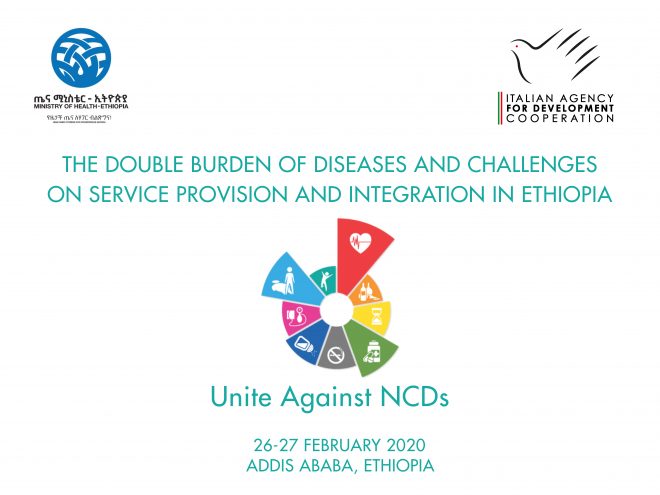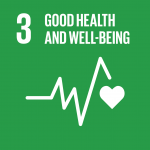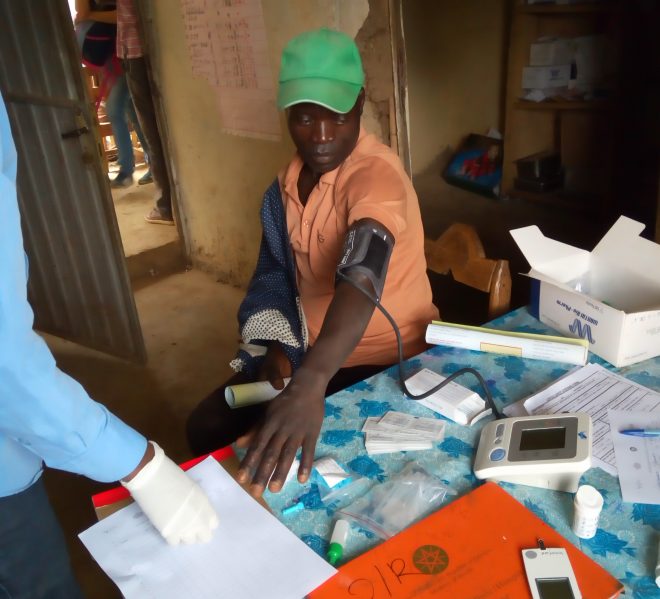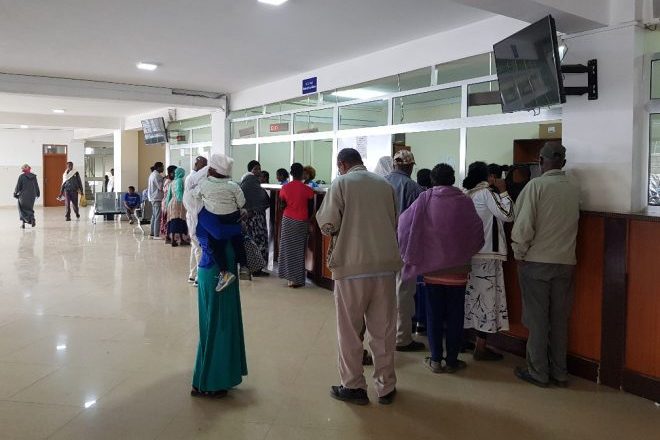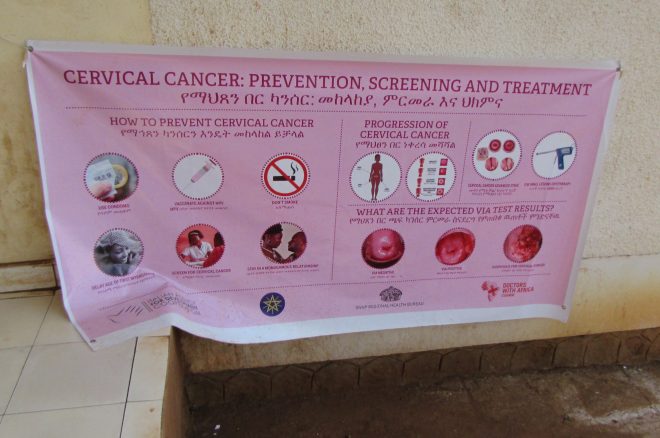The Double Burden of Diseases and Challenges on Service Provision and Integration in Ethiopia: Evidence Generated from Different Experiences - 26 and 27 February 2020
Ethiopia has made significant progress on social development, including poverty reduction, with encouraging results on Communicable Diseases (CDs) control, improved nutrition, maternal and child health. The country is strongly committed to maintaining this progress moving towards Universal Health Coverage (UHC). At the same time, all segments of the population in Ethiopia show signs of the epidemiological shift occurring in most African countries, with a fast-growing prevalence of Non-Communicable Diseases (NCDs), which call for new and innovative public health strategies to tackle the double burden of diseases.
In Ethiopia, there is evidence of an increasing burden of NCDs and their risk factors. A number of separate small-scale studies and the situational analysis conducted by the Federal Ministry of Health in 2015 (STEPS Survey) [1] substantiate this conclusion. Accordingly, the Federal Ministry of Health developed a national strategic framework on the prevention and control of NCDs and their risk factors. The strategic framework recommended the development of a detailed National and sub-national Strategic Action Plan 2019-2025 (NSAP). The plan outlines detailed actions and interventions required in the prevention and control of the major NCDs, and their risk factors, which should receive due priority in Ethiopia. These are cardiovascular diseases, cancers, chronic respiratory diseases and diabetes and their shared risk factors including tobacco, physical inactivity, unhealthy diet, smoking, and excessive alcohol use, as well as khat consumption. Mental, neurological and substance abuse disorders, that make a large contribution to NCDs, are dealt with separately in the National Mental Health Strategy [2].
Tackling NCDs requires a multi-sectoral approach interlinked with actions to address the broader social determinants of health such poverty, equity and environmental concerns. Prevention and treatment of NCDs represent one of the four categories of services indicators listed by WHO to monitor the level of equity and coverage in the progress towards UHC. There is an urgent need to implement nationwide public health initiatives, with the involvement of different sectors, addressing prevention and control of NCD and their main risk factors. Thus, contributing to the achievement of SDG target 3.4 and progressing towards UHC.
At the same time, control of CDs remains a priority in the HSTP as well as in the Agenda 2030 (SDG target 3.3). The convergence of CD and NCDs represents a challenge and an opportunity to enable sustainable and integrated services provision reducing the risk to further increase inequality in accessing health care services in Ethiopia.
The workshop “The Double Burden of Diseases and Challenges on Service Provision and Integration in Ethiopia: Evidence Generated from Different Experiences” will take place at Jupiter International Hotel on February 26 and 27, 2020 and aims to bring together local and international policy makers, technical experts and development partners to discuss on different experiences and evidence-based technical solutions in the integrated prevention and control of CDs and NCDs. Organized jointly by the Ministry of Health of the Federal Democratic Republic of Ethiopia and the Italian Agency for Development Cooperation (AICS) - Addis Ababa, the workshop will see the participation of representatives from Regional Health Bureaus, the Ethiopian Public Health Institute, Ethiopian Universities, Bilateral and Multilateral Agencies, Civil Society Organizations (CSOs), representatives from the Palestinian and Sudanese Ministry of Health, and Italian Universities and Institutes.
A comprehensive agenda will include a site visit to two selected Health Centres providing integrated health services, presentations, panel discussions, plenary discussions, and recommendations.
Follow us on our Social Media accounts for live updates: @AICSAddisAbeba on Facebook and Twitter.
--
[1] STEPS Survey on Risk Factors for Non-Communicable Diseases and prevalence of selected NCDs in Ethiopia. Summary Report. EPHI-FMoH-WHO, December 2016.
[2] National Strategic Action Plan (NSAP) for prevention and control of non-communicable diseases in Ethiopia 2019-2025 FMoH.
